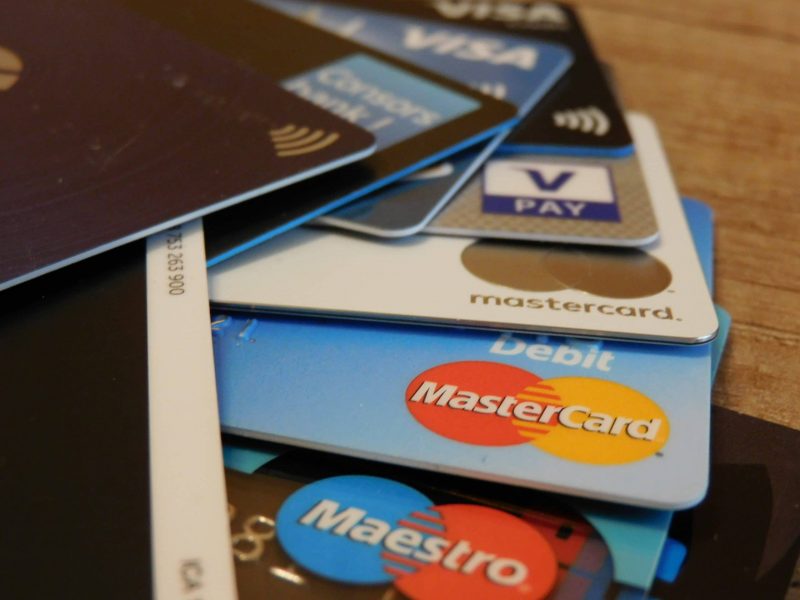With credit and debit card payments, there are sometimes situations where customers are unhappy with a transaction or realize they have been the victim of fraud. In such cases, a chargeback can be a useful way to request a refund or chargeback of a charged payment.
This article takes a closer look at the process of chargebacking credit card payments and highlights key considerations and best practices. Important: The declaration refers to credit cards (e.g. Mastercard, Visa, American Express, Dinersclub) as well as debit cards of the Debit Mastercard and Visa Debit type. The declarations are just as inapplicable for the products Vpay, Maestro and national isolated solutions such as the German Girocard as they are for SEPA direct debits.
What is a "chargeback" anyway?
A chargeback refers to the process by which a cardholder reverses a charge on their credit card by contacting the card-issuing bank. This can happen for a variety of reasons, including fraudulent transactions, goods or services not received, defective items, or unauthorized charges.
Check credit card policies
Before requesting a chargeback, it's important to review the credit card company's policies and terms. Each credit card issuer has specific rules and deadlines for requesting chargebacks. It is advisable to familiarize yourself with these guidelines to ensure that the application meets the requirements.
collect documentation
In order to carry out a successful chargeback, it is crucial to have sufficient documentation. This includes invoices, transaction receipts, correspondence with the seller or service provider, proof of goods or services not received, etc. These documents serve as evidence and support the customer's case with the bank.
contacting the seller
Before requesting a chargeback, the customer should try to resolve the issue directly with the seller or service provider. Open communication can help clear up misunderstandings and find an amicable solution. If an agreement cannot be reached or the seller does not respond, the customer can continue the chargeback process.
Contact the card-issuing bank
To initiate a chargeback, the cardholder must contact the card-issuing bank or credit card company. This can usually be done over the phone or online through the customer portal or app. The customer must state the reason for the chargeback and provide the required information and documents according to the credit card company's policy.
The way card-issuing banks handle chargeback requests from their customers varies greatly. Some institutes offer the customer-oriented option that the documents can be submitted online, while others insist on filling out long forms and sending the originals by post. There are also card issuers who initially try to get rid of the chargeback request with letters that only consist of text modules, since such procedures are quite time-consuming for the banks. Here you should be persistent and the more documents you can present that a non-performance or even fraud has occurred, the more difficult it will be for the card issuer to refuse processing. Nevertheless, one has to reckon with the fact that not every issuer works quickly, and that it can sometimes take several weeks for some credit institutions.
Verification by the credit card company
After the chargeback request is submitted, the credit card company reviews the case. It may request further information from the customer, the seller, or both parties to clarify the matter. The credit card company will evaluate the case based on the evidence presented and make a decision.
refund or dispute
If the credit card company accepts the chargeback request, the amount charged will be temporarily deducted from the customer's credit card bill. The seller then has the opportunity to respond to the chargeback and dispute the dispute. In such cases, further verification will be conducted by the credit card company and a final decision will be made.
Performing a chargeback on credit card payments can be an effective way to seek protection from fraudulent transactions or issues with the seller. It's important to understand the credit card company's policies, provide all required documents, and have clear communication with the seller. Through the careful and well-documented process, the customer can have a fair chance to get their money back and resolve any possible disputes.





 trail (for them it's free to use)
trail (for them it's free to use)
Comment